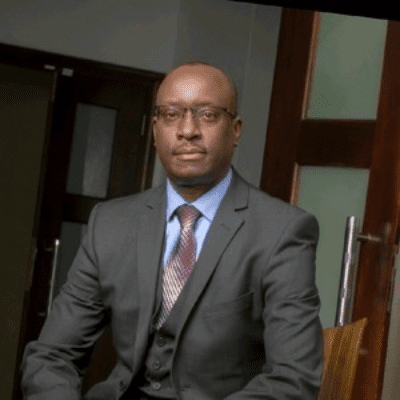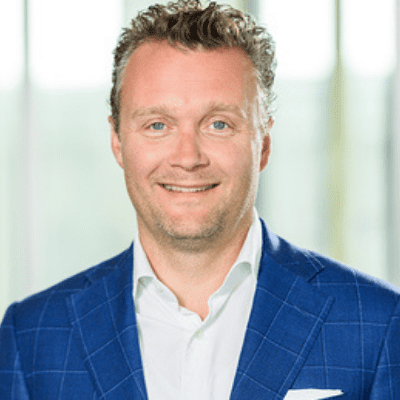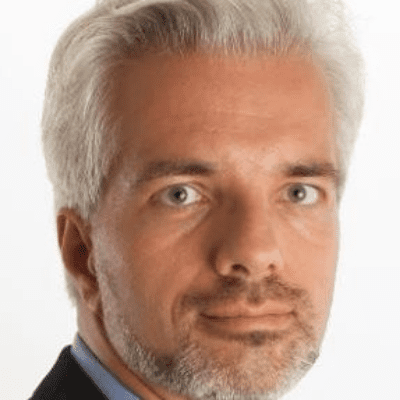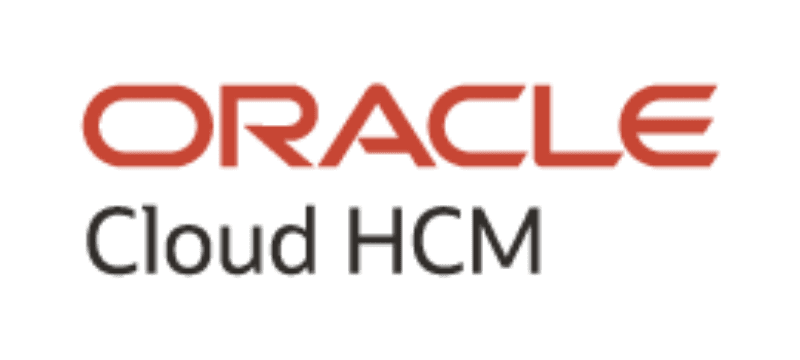How HR Tech is helping organizations embrace the post-COVID-19 world
In 2021, human capital management means investing in reliable digital tools.
COVID-19 has accelerated the need for HR technologists to re-set and plan for the future.
The digitalization effort has been overwhelming – and HR technologists must play an active role in the transformation effort.






The outbreak of the coronavirus pandemic has highlighted the need for technology to enable resilience and readiness. COVID-19 has impacted every business function, thrusting HR teams and departments into the spotlight, and forcing irrevocable changes in employee experience and leadership.
Technology has been changing the workplace for years. Since the arrival of the work computer through to the subsequent emergence of email, and workplace communications tools, technology has allowed people, everywhere, to work at scale and with ease.
The outbreak of the coronavirus pandemic has highlighted the need for technology to enable resilience and readiness. COVID-19 has impacted every business function, thrusting HR teams and departments into the spotlight, and forcing irrevocable changes in employee experience and leadership.
For the most part, the uncertainty and disruption have shone the light on how technology can — and should — be leveraged to maintain acceptable service levels, manage remote workforces, and fulfill clients’ and employees’ needs and desires.
But how are some of today’s leading employers leveraging digital tools to foster innovation, collaboration, engagement, and productivity? This was the topic of discussion at a recent UNLEASH webinar held in partnership with Oracle HCM Cloud. The session, moderated by Holger Muller, an HR industry influencer, VP and Principal Analyst for Constellation Research, featured Oracle Cloud Human Capital Cloud (HCM) customers from all over the world.
Linda Roos, Head of Human Resources at Ooba, a leading home loan experts company based in South Africa, commented on how her team were leveraging technology to facilitate innovation during the pandemic.
“I think Oracle, as a technology enabler, is very up to date with performance management principles,” Roos said. “I suppose like any software, you can never keep up fast enough but for us the priorities are to get the philosophy, the principles, and the framework in place and then say to Oracle ‘right, this is what we need you to do. How can you match what we’ve already decided?,.”
“We don’t allow the software to become the strategy,” Ooba said. “It’s an enabler for us and we found Oracle to meet our needs quite well to date.”
For context, Oracle Fusion Cloud HCM is a complete solution connecting every human resource process, from hire to retire. Natively built for the cloud, the software provides a consistent experience across devices, giving HR teams and departments one source of truth to improve decision-making — empowering teams with the market-leading innovation required to address current and future needs.
What has the pandemic changed?
The pandemic has had a profound impact on how and where we work. It’s brought technology providers such as Oracle Cloud HCM to the fore, and highlighted the need for agility and resilience. There’s no denying that COVID-19 has had a negative effect on the workforce and many organizations, but it’s also paved the way for positive changes.
“The level of trust in the organization has increased significantly,” said Roos. “There’s a slightly different level of trust when you don’t have sight of people physically.”
The shift to remote working has also changed how some organizations measure employee performance. “You measure performance very differently from how used to, which was very much output and outcome-based,” Roos added.
Like many other organizations represented on the panel, Ooba has shifted to a virtual mobile workforce, an entirely unprecedented move for the business. Paul Kasimu, Chief Human Resources Officer at Safaricom, a Kenyan mobile network operator, commented on the changing perception of work as a space and not a place.
“That was the bigger wake-up call, and now is about how you enable your people to be productive and how you keep the team engaged,” he added.
Productivity is a key theme across every industry but Susanna Grundström, Employee Experience Business Area Lead, at Finland-based business technology firm Sofigate, spoke about the need to keep energy levels up during never-ending team sessions.
“I’m looking at these kinds of things from our customer’s perspective. I think all companies are craving HR systems at the moment so that is definitely changing,” said Grundström.
The challenges
Organizations all over the world are grappling with the same challenges and, in many cases, the HR function is being tasked with solving them.
Fabio Fabiano, Head of Group HR Digital Processes, Italian insurance giant Generali, spoke about some of the issues he’s seeing across his workforce. “People are complaining that they are constantly online and work and life balance is an issue. We are having many conversations with employees and managers to try and find the right solution. It’s not easy because everyone has a different view on this topic.”
Indeed, with pandemic burnout on the rise, it’s hardly surprising that HR teams are having to take the lead on monitoring and prioritizing employee wellbeing.
Thomas Mulder, Chief Human Resources Officer at VodafoneZiggo, a Holland-based venture between Liberty Global and Vodafone, said he was struggling with the lack of informal connections in the virtual world. “Digital working works really well until things get really complex or emotional, then it’s a struggle.”
Change management has also become a great deal more difficult, Roos said. It’s easy to inspire people to join you on a transformation journey when you’re in the same room, she added. “Enrollment has become very difficult in the virtual world.”
Roos also echoed concerns around employee wellbeing, noting how individuals are experiencing fear, depression, and financial hardship — and this is something her team need to keep an eye on. In Ooba’s case, the stress brought on by the pandemic is exacerbated by the recent boom in business. “We are seeing volumes that we’ve not seen since 2013. Our people have to keep up the pace, so that’s been difficult.”
Watch On Demand
"*" indicates required fields
Contact Us
"*" indicates required fields
Partner with UNLEASH
"*" indicates required fields
